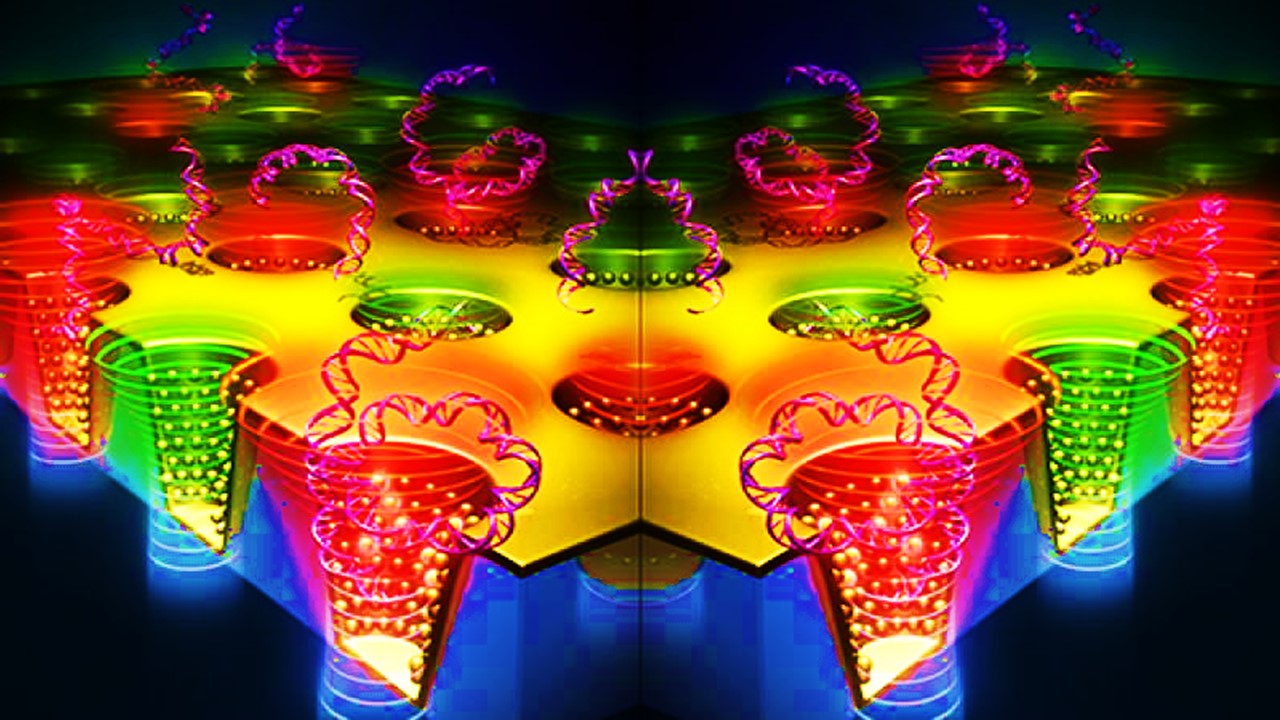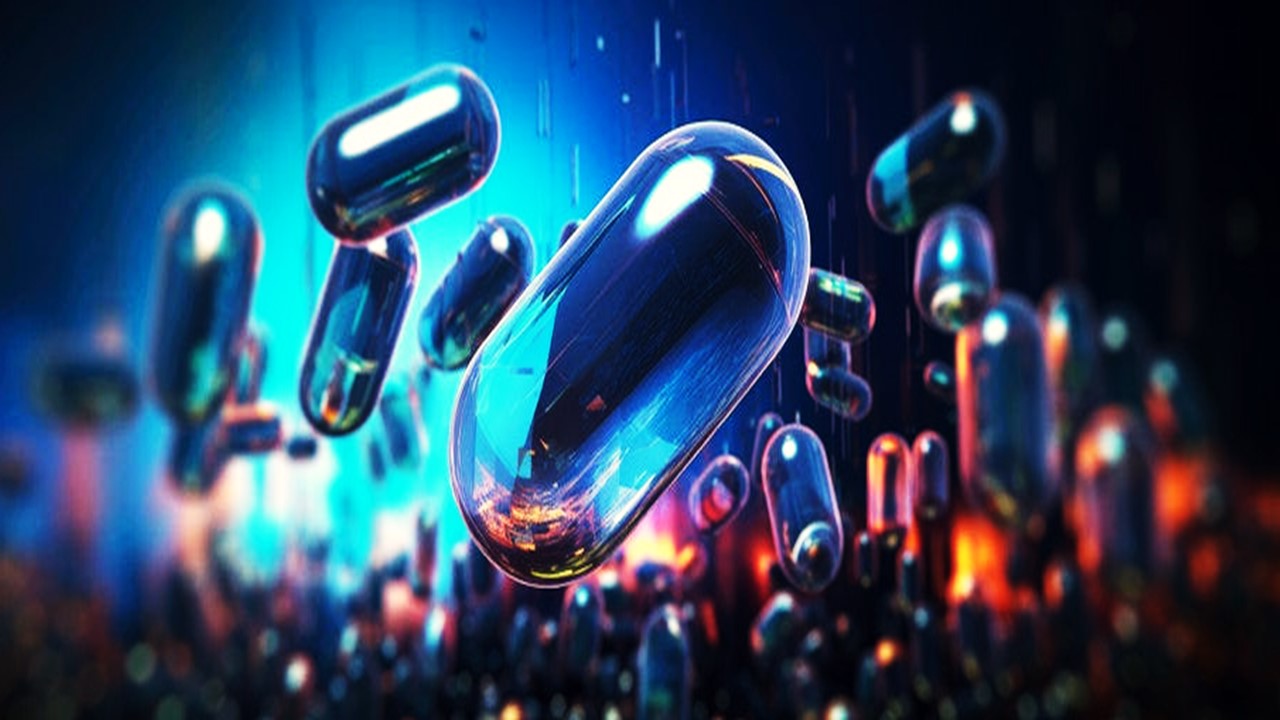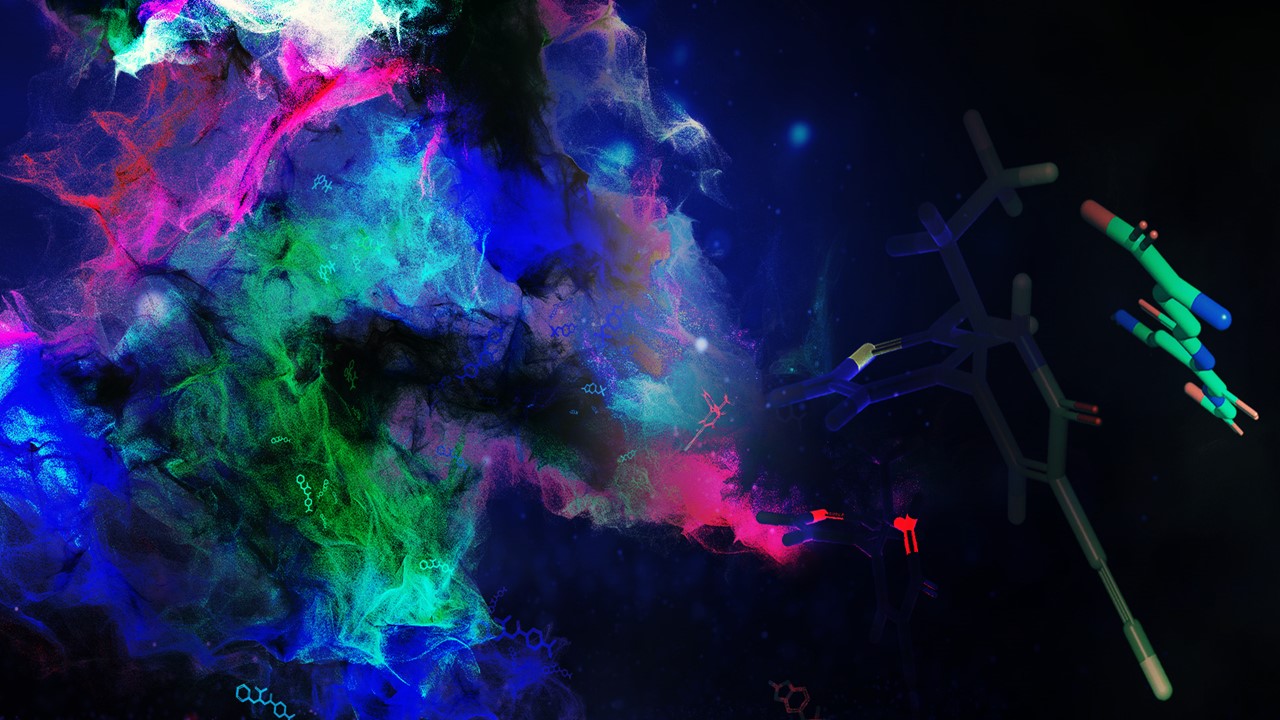Establishing the Connection
Michael Brown and Joseph Goldstein received the 1985 Nobel Prize for Physiology or Medicine for their investigation into the relationship between cholesterol metabolism and coronary artery disease. By advancing our knowledge of the pathophysiology of diseases like familial hypercholesterolemia, this research cleared the door for significant treatments like statins (HMG-CoA reductase inhibitors). They discovered that the removal of LDL particles from plasma was carried out by the low-density lipoprotein (LDL) receptor, which is largely expressed in the liver.
Statins lower the liver’s intracellular cholesterol levels. As a result, more LDL receptors are expressed and more LDL cholesterol is cleared from circulation.
PCSK9 inhibitors are the second most used family of drugs for lowering cholesterol after statins. These extremely efficient medications aid in the removal of excess cholesterol from the blood, but unlike statins, which can be taken orally, PCSK9 inhibitors can only be given intravenously, posing limitations to their administration.
Receptor Degradation and Upregulation Mutation
Low-density lipoprotein (LDL) receptors are degraded in the liver by a proprotein convertase called PCSK9 (proprotein convertase subtilisin/kexin type 9).
In a portion of patients, mutations in the PCSK9 gene reduce the amount of LDL receptors on the surface of hepatocytes, leading to familial hypercholesterolemia. As a result, they are less able to remove LDL cholesterol from plasma. On the other hand, other PCSK9 mutations result in abnormally low plasma LDL cholesterol concentrations and a decreased risk of atherosclerotic disease.
Monoclonal antibodies that block PCSK9 activity slow down the breakdown of LDL receptors and speed up the removal of LDL cholesterol. LDL cholesterol levels are temporarily suppressed after receiving an injection of PCSK9-specific antibody.
Prioritizing Prolongation of Life
An oral small-molecule medication that decreases PCSK9 levels and cholesterol in animal models by 70% is now described in a new study by researchers at University Hospitals (UH) and Case Western Reserve University School of Medicine. The research, which was published in Cell Reports, reveals a new way to control cholesterol that could possibly have an effect on cancer treatments.
Jonathan S. Stamler, MD, the paper’s senior author, argues that it is critical for cholesterol reduction to rank among the top medical priorities because it focuses on extending life and safeguarding the general public from heart disease, which, regrettably, continues to be the leading cause of morbidity and mortality in the Western world.
Statins only currently reduce cholesterol. Introduction of the PCSK9 inhibitor medication class might be a novel approach to inhibiting this proprotein convertase and lowering cholesterol.
Double Myocardial Infarction Prevention
LDL receptors, which are found on the surface of liver cells and remove cholesterol from the blood, are essential for controlling serum cholesterol levels. By designating them for destruction, PCSK9 in the bloodstream regulates the quantity of LDL receptors. The quantity of LDL receptors that remove cholesterol is thereby increased by PCSK9 inhibitors.
By widening blood arteries, the chemical nitric oxide is known to prevent heart attacks. Nitric oxide can target and inhibit PCSK9, which lowers cholesterol, as demonstrated in the latest work by Stamler and colleagues. They discover a small-molecule medication that boosts PCSK9 nitric oxide inactivation. The drug-treated mice show a 70% decrease in LDL “bad” cholesterol.
Centrality of Nitrosylation to PCSK9 Inhibition
Mice lacking the protein denitrosylase SCoR2 (S-nitroso-Coenzyme A Reductase 2; AKR1A1) show significant drops in serum cholesterol as a result of decreased PCSK9 production, which controls cholesterol levels. To manage an S-nitrosylation cascade involving ER cargo-selection proteins SAR1 and SURF4, which double as S-nitrosylases, SCoR2 connects with endoplasmic reticulum (ER) secretory machinery. While SCoR2 promotes PCSK9 denitrosylation to counterbalance nitrosylase activity, SAR1 operates as a SURF4 nitrosylase and SURF4 as a PCSK9 nitrosylase to decrease PCSK9 secretion.
Small-molecule inhibition of SCoR2 mimics the PCSK9-mediated reductions in cholesterol seen in SCoR2-deficient mice. Nitrosylase activity is necessary for the inhibition of PCSK9 by a NO-based medication. The findings of the study provide a different approach to treating cardiovascular disease and disclose enzymatic machinery controlling cholesterol levels through S-nitrosylation.
From Cholesterol to Cancer
The discoveries may have implications for the field of cholesterol metabolism as well as cancer patients, as new research indicates that targeting PCSK9 can boost the effectiveness of cancer immunotherapies.
According to Stamler, PCSK9 not only targets and destroys LDL receptors but also causes the destruction of MHC 1 on lymphocytes, which is crucial for the identification of cancer cells. Your lymphocytes can’t recognize cancer cells because PCSK9 is effectively stopping them. Therefore, if PCSK9 is inhibited, the body’s ability to detect cancer can be improved. One day, it might be possible to fill that need with these new medications.
Subscribe
to get our
LATEST NEWS
Related Posts

Molecular Biology & Biotechnology
Myosin’s Molecular Toggle: How Dimerization of the Globular Tail Domain Controls the Motor Function of Myo5a
Myo5a exists in either an inhibited, triangulated rest or an extended, motile activation, each conformation dictated by the interplay between the GTD and its surroundings.

Drug Discovery Biology
Unlocking GPCR Mysteries: How Surface Plasmon Resonance Fragment Screening Revolutionizes Drug Discovery for Membrane Proteins
Surface plasmon resonance has emerged as a cornerstone of fragment-based drug discovery, particularly for GPCRs.
Read More Articles
Designing Better Sugar Stoppers: Engineering Selective α-Glucosidase Inhibitors via Fragment-Based Dynamic Chemistry
One of the most pressing challenges in anti-diabetic therapy is reducing the unpleasant and often debilitating gastrointestinal side effects that accompany α-amylase inhibition.













